Aging cats are like aging humans; they need special attention and care. Whether your cat has been with you since it was a lively kitten or joined your family as a senior, the golden years of a cat's life present unique health challenges.
In this article, we'll guide you through what to expect when your feline friend enters their senior years. From the natural effects of aging to common geriatric medical conditions like arthritis and renal failure, understanding what's normal and what's cause for concern is crucial.
Don't worry, we're here to help you navigate these changes with ease and ensure your cat enjoys their golden age in good health. Read on to learn more about health concerns in aging cats.
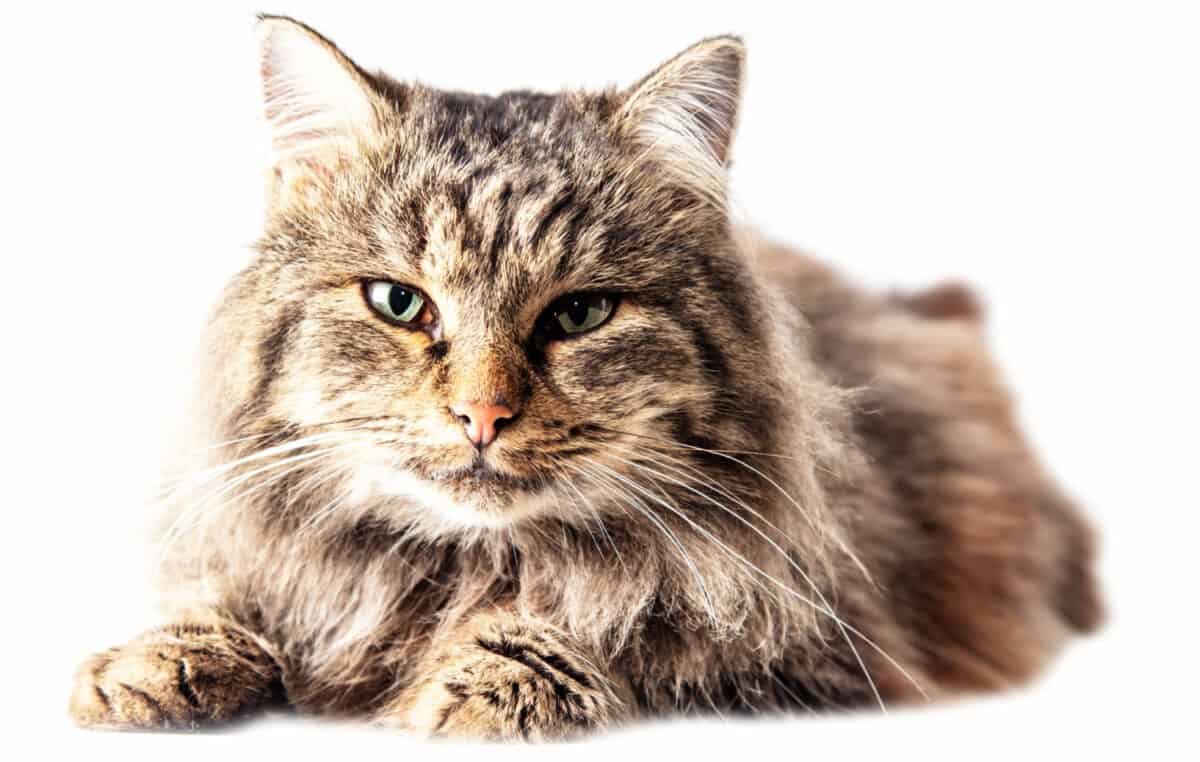
The Golden Years in Cats
Cats, just like people, have unique needs as they age. Their golden years, often starting at age seven, bring specific medical conditions that require your attention.
Individual cats can differ greatly in their physical well-being and age-related issues, so it's not always easy to pinpoint when a cat is considered a senior. Veterinarians usually assess each cat's individual state to make this determination.
With today's advanced nutrition and veterinary care, many cats don't show visible signs of aging until they reach their teens. Some conditions might even affect younger cats, but they are particularly prevalent among seniors.
Predicting who will develop age-related illnesses and who will remain healthy can be a challenge. Genetics can play a significant role, but often, cat owners may not have detailed information about their pet's family health history.
But don't worry, your love and care can make all the difference. Your cat's overall well-being depends greatly on your ongoing attention to their needs. Providing good care, balanced nutrition, and regular veterinary visits will be your vital tools in ensuring that your cat enjoys their golden years to the fullest.
Your Cat's Natural Aging Process
As cats grow older, their bodies change in several ways. These changes are a normal part of aging, and they're usually not something to worry about.
Let's explore what you can expect as your cat enters its golden years and what you can do to keep them comfortable and healthy.
Sensory Changes in Aging Cats
Cats may lose some of their sensory capabilities as they age. Sometimes, these changes are hard to notice because cats adapt well to their environment. They don't rely on hearing, smell, or sight as much as they would in the wild.
Deafness in Cats:
Keep an eye on your cat's response to sounds. If they seem less responsive, it may be a sign of hearing loss.
Blindness in Cats:
Look for symptoms like bumping into objects or difficulty navigating. These could indicate vision problems.
SIGN UP FOR THECATSITE'S EMAIL UPDATES >
Dental Health in Aging Cats
Your cat's teeth may show visible signs of aging. Tartar buildup, cavities, and other dental problems can lead to infections and gum disease in elderly cats. Regular dental care can prevent these issues, so consider scheduling dental check-ups with your vet.
Changes in Body Organs and Systems
Other organs and systems in your cat's body slow down with age. This slowing down is normal, but it means that regular check-ups with the vet become even more crucial. Having your cat examined twice a year, rather than once, will help catch any potential issues early.
Weight and Body Form Fluctuations
Weight changes are common in older cats. Some may become more sedentary and gain weight, while others may lose weight and fat layers. These fluctuations are typical but pay attention to sudden or extreme changes.
Weight Gain:
If your cat gains weight, make sure they are still getting enough exercise and eating a balanced diet.
Weight Loss:
Weight loss may make your cat more attracted to warm places. Provide cozy spots for them to rest, and consult your vet if the weight loss continues.
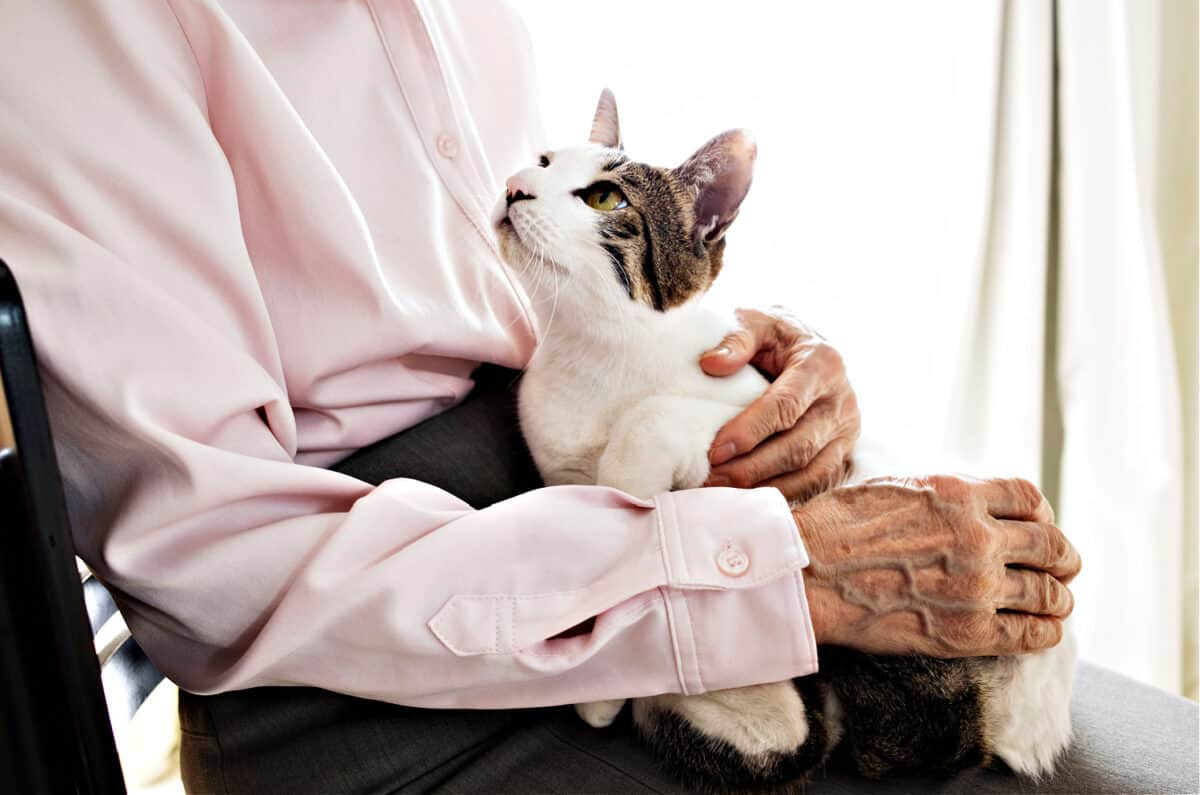
Recognizing and Addressing Common Geriatric Medical Conditions in Cats
Older cats are more likely to face specific medical conditions, although some may also affect younger cats. Awareness and understanding of these conditions can help you take better care of your senior cat and provide timely veterinary care.
Let's cover these common conditions, their symptoms, and what you can do to manage them.
Cancer and Tumors in Senior Cats
As body tissues age, the likelihood of cancerous mutations increases. Tumors as a whole are a concern with older cats, and some of those prove to be cancer.
Skin cancer, lymphoma, breast cancer, oral tumors and digestive-tract tumors, and bone cancer, are all relatively common in senior cats. Fortunately, many of these can be treated or maybe slow to progress, so a diagnosis of cancer is not a death sentence.
Early Detection: Regular check-ups can identify cancer early, leading to more successful treatment.
Arthritis: A Degenerative Disease
Also called osteoarthritis, this is a degenerative disease in which the cartilage (that soft tissue that "cushions" the joints between the bones) gradually wears out.
This is a painful chronic condition afflicting many old cats, many of whom excel at hiding initial symptoms.
If you notice a decrease in the level of physical activity, especially where the cat avoids stair climbing and jumping, or you suspect that these activities may be painful to your cat, it's time to consult your vet.
Arthritis can also be the cause of litter box avoidance in senior cats, especially if they have to make a physical effort to get to the box.
Consult Your Vet: If you notice these symptoms, consult your vet. Read more on Arthritis And Joint Pain In Cats.
Kidney (Renal) Failure and Aging
Age-related kidney (renal) failure can have a gradual onset making it difficult to detect at first.
Keep an eye out for increased urination (and related litterbox problems), excessive water intake, lack of energy, weight loss, vomiting, and diarrhea or constipation.
Diabetes in Cats
This metabolic disorder prevents the cat's body from processing food into energy they can use. Symptoms include sudden weight loss, along with excessive drinking and urination.
Learn More: You can read more about feline diabetes here.
Heart Disease in Senior Cats
There are several kinds of heart disease, and they all take their toll on the heart itself and the lungs. Affected cats tend to tire easily, and may react to mild exercise with labored breathing.
A bluish tinge to the skin is sometimes visible. Long-term symptoms include loss of appetite and sometimes paralysis of the hind legs.
Hyperthyroidism: Hormone Imbalance
Increased production of hormones in the thyroid glands is not rare among senior cats and can cause a chronic disease with a variety of symptoms.
Symptoms may include overall poor physical condition, weight loss, increased appetite and excessive water intake, and changes in behavior.
Fatty Liver Disease
Also known as Hepatic Lipidosis, senior cats can be more susceptible to this life-threatening condition if they go without food for more than a day or two.
Symptoms may include jaundice and loss of appetite, but your main concern here is with the trigger: pay special attention to your senior cat's eating habits, and avoid drastic dietary changes.
Supervise Diets: Any weight loss diet must be supervised by your vet.
Pancreatitis: Chronic Inflammation
Chronic inflammation of the pancreas causes enzymes from this small organ to affect it and sometimes other organs around it.
This can be a tricky condition to diagnose, with symptoms flaring up in some stages and subsiding in others.
They may include loss of appetite, dehydration, low body temperature, vomiting, and abdominal pain.
Strokes and Seizures
Many medical conditions can cause seizures in cats, or it can be a primary seizure disorder (with no underlying cause).
There are various types of seizures, but you're not likely to miss any of them should they occur in your presence, as seizures can be quite dramatic.
While seizures are related to excessive electrical activity in the brain, actual strokes are caused by problems with the blood vessels in the brain.
A seizure can be a symptom of a stroke, or it may be expressed via milder symptoms such as dizziness, or even behavioral changes.
Read More about seizures in cats.
Dementia/Senility
Aging feline brains are susceptible to senility. Loss of memory and cognitive functions in cats can lead to disorientation, confusion, disrupted sleep patterns, and litterbox problems.
The cat may display anxiety by yowling, crying, compulsive pacing, or other behavioral changes.
Keep an eye out for odd behaviors which may indicate the cat has trouble identifying family members, humans, or felines.
This could trigger territorial aggression towards another cat in your household, for example.
Monitor Behavior: Watch for changes that might indicate dementia or senility.
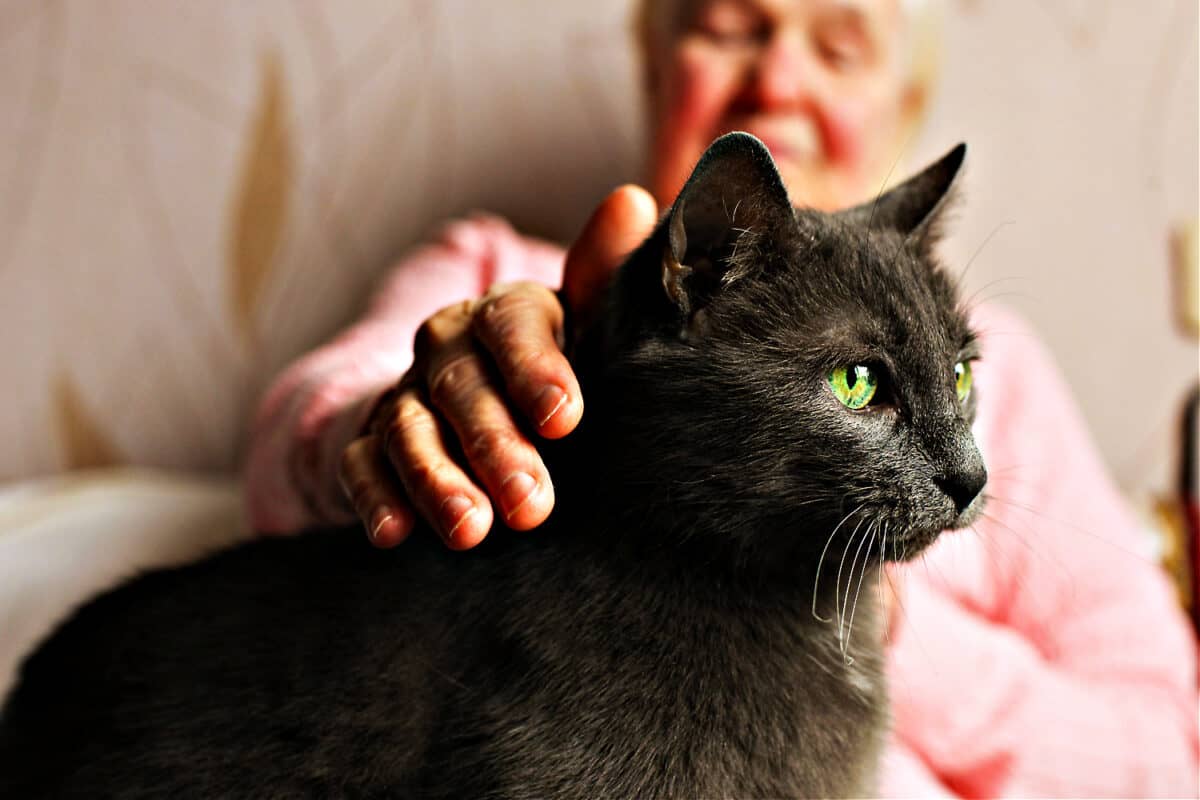
Call to Action
Ensuring the health of your senior cat is paramount. Regular veterinary check-ups can make all the difference in detecting and treating the conditions mentioned above.
Don't wait until it's too late; schedule an appointment with your vet today.
Disclaimer
The information contained in this article is for educational and informational purposes only. It is not intended to replace professional veterinary care or diagnosis.
Always consult with a licensed veterinarian for personalized advice and treatment options for your pet.
SIGN UP FOR THECATSITE'S EMAIL UPDATES >
Note: We may get commissions for purchases made through links on this page.

![Exhausted maine coon kitten standing on the lawn with mouth open, Why Is My Cat Panting? [And What To Do About It]](https://thecatsite.com/c/wp-content/uploads/2021/05/Exhausted-maine-coon-kitten-standing-on-the-lawn-with-mouth-open-260x170.jpg)
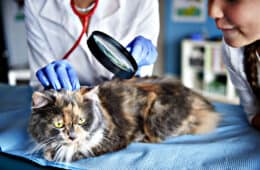
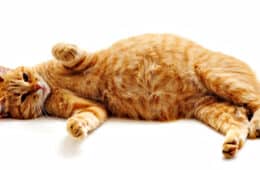
16 comments on “Health Concerns In Aging Cats [Comprehensive Guide]”